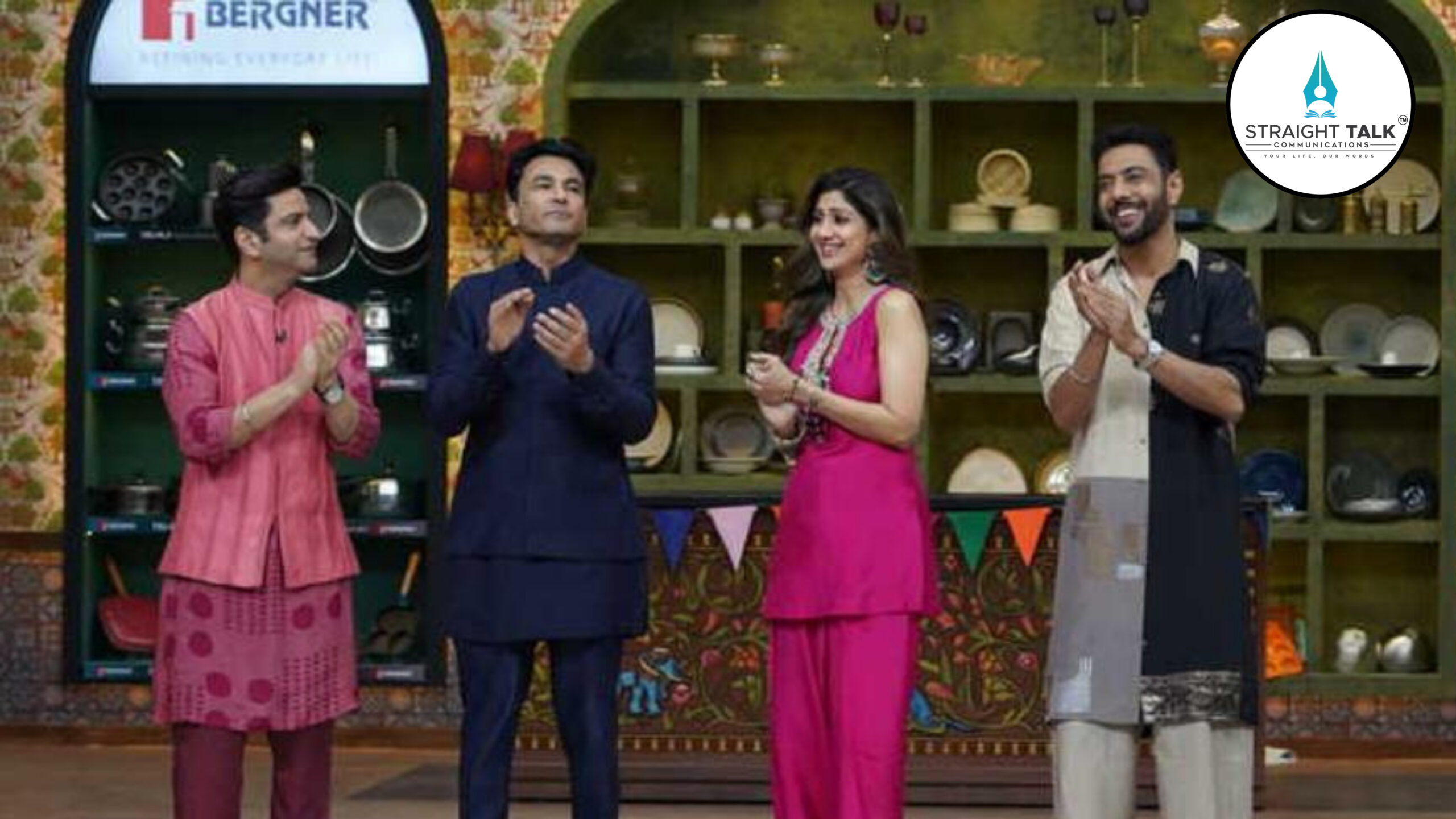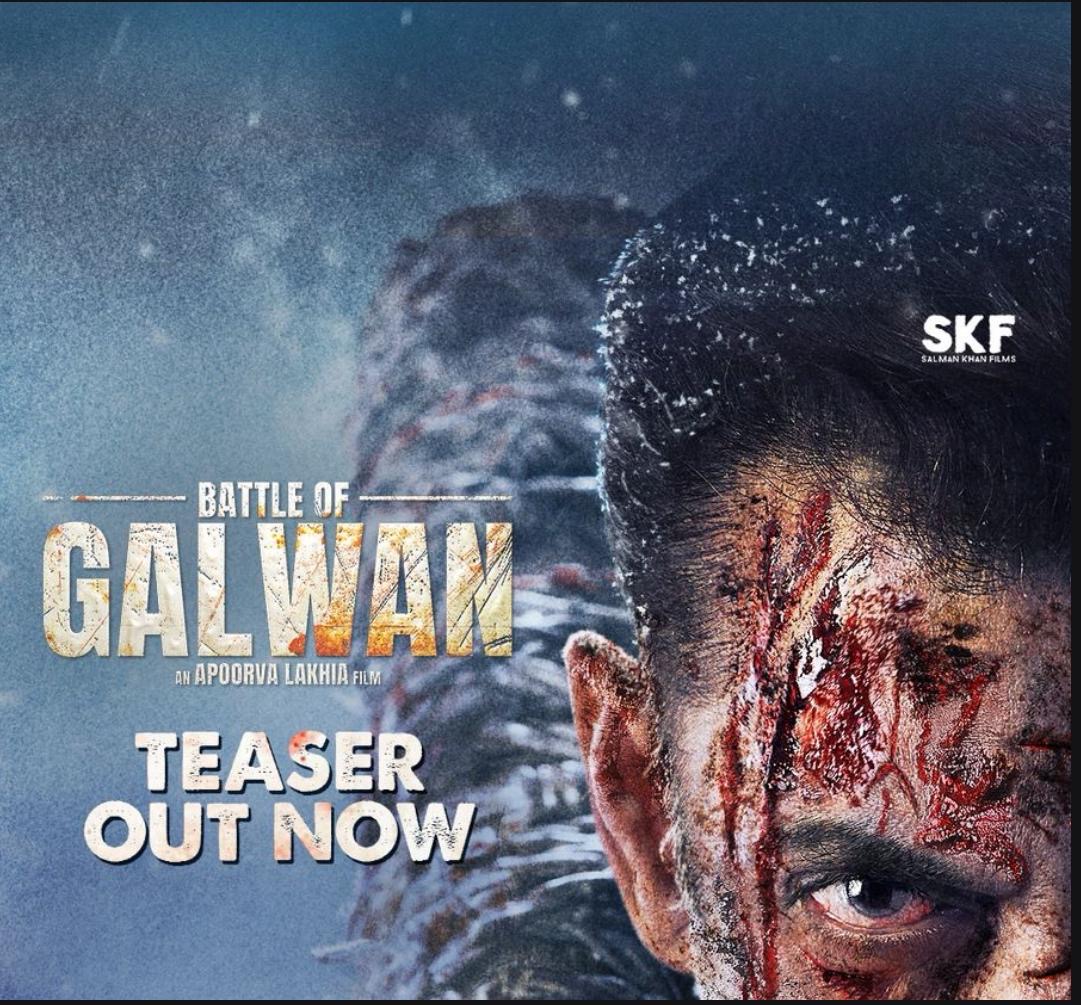SC points at Pahalgam incident, seeks response from centre in 8 weeks on J-K statehood plea

New Delhi continues to lack of confidence in the J&K’s stability, Mehbooba Mufti’s reaction to SC’s Pahalgam remark.
STC NEWS DESK
SRINAGAR, AUGUST 14(STC): Bringing the situation on the ground with Pahalgam incident into play, the Supreme Court bench today hearing a plea seeking the restoration of statehood to the Union Territory of Jammu and Kashmir sought a response from the Centre within eight weeks.
Notably, the matter was heard by a bench comprising Chief Justice of India B.R. Gavai and Justice K. Vinod Chandran. The plea, filed in October 2024, was brought before the court by senior advocate Gopal Sankaranarayanan, representing academic Zahoor Ahmad Bhat and social activist Khurshaid Ahmad Malik.
During the hearing, Sankaranarayanan urged the court to list all pending petitions regarding the demand for statehood together. “If an executory aspect is being sought then a bench may be constituted and a timeline may be fixed,” he submitted.
Responding to this, CJI Gavai said the Centre must first file its response before any such step is considered.
In his submission, Solicitor General Tushar Mehta said the government had already assured the restoration of statehood following elections. “There is a peculiar position of this part of our country. I don’t know why this issue is agitated now. This particular state is not the correct state to muddy the water. I’ll still seek instructions. Eight weeks may be given,” he said.
The bench also remarked that the situation on the ground must be taken into account. “You cannot ignore what happened in Pahalgam,” CJI Gavai observed.
The petitioners have sought the restoration of Jammu and Kashmir’s statehood within a fixed timeframe, preferably within two months.
The demand for statehood has been supported by political parties such as the National Conference (NC), People’s Democratic Party (PDP), Congress, Jammu and Kashmir People’s Conference (JKPC), and the Apni Party, along with local civil society stakeholders, who argue that it is necessary for the restoration of local governance.
It’s worth mentioning that in December 2023, the Supreme Court upheld the abrogation of Article 370 but directed the Union government to restore Jammu and Kashmir’s statehood “at the earliest” and conduct assembly elections by September 30, 2024.
Assembly elections were conducted as directed, but the question of restoring statehood remains unresolved. The matter is expected to be taken up again after the Centre submits its reply.
Meanwhile, former Chief Minister and Peoples Democratic Party (PDP) president Mehbooba Mufti in her reaction said the Supreme Court’s reference to the recent Pahalgam militant attack, during discussions on restoring Jammu and Kashmir’s statehood, underscores New Delhi’s continuing lack of confidence in the region’s stability.
She said that despite the abrogation of Jammu and Kashmir’s special status in 2019 and its reorganisation into a Union Territory, the Centre remains unwilling to relax its control. According to her, this reflects a “political and psychological deadlock.”
“The Jammu and Kashmir issue is far bigger than just statehood or constitutional status,” Mehbooba said. “Unless the Government of India engages with the political aspirations of the people and addresses the core issue directly, uncertainty will persist, no matter how much force it uses.”
(Straight Talk Communications)







